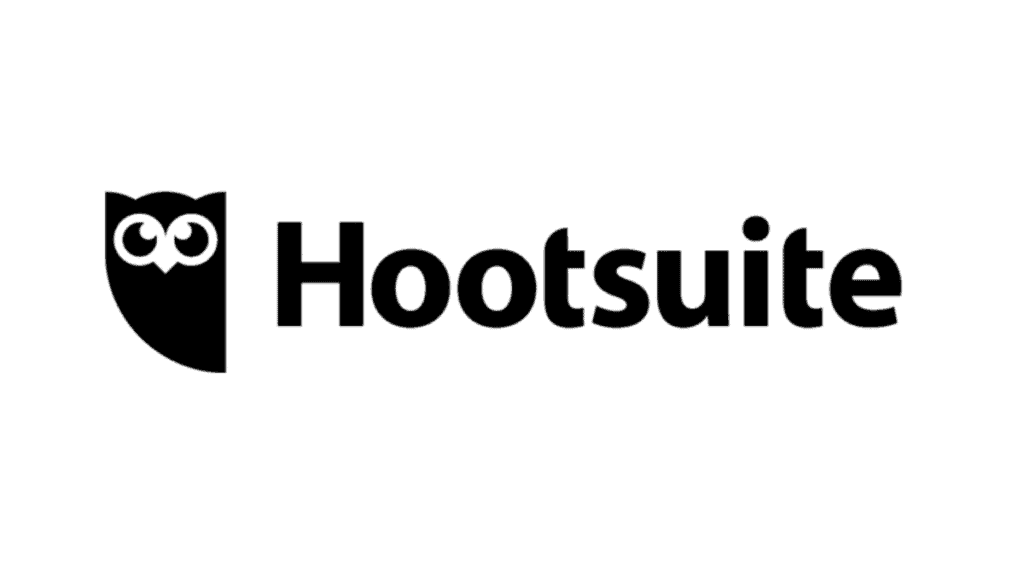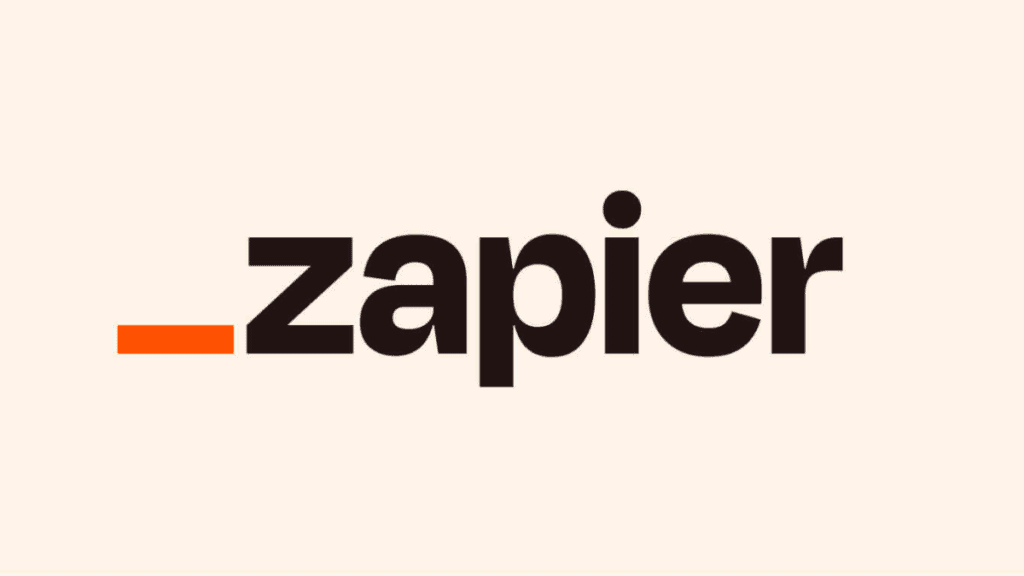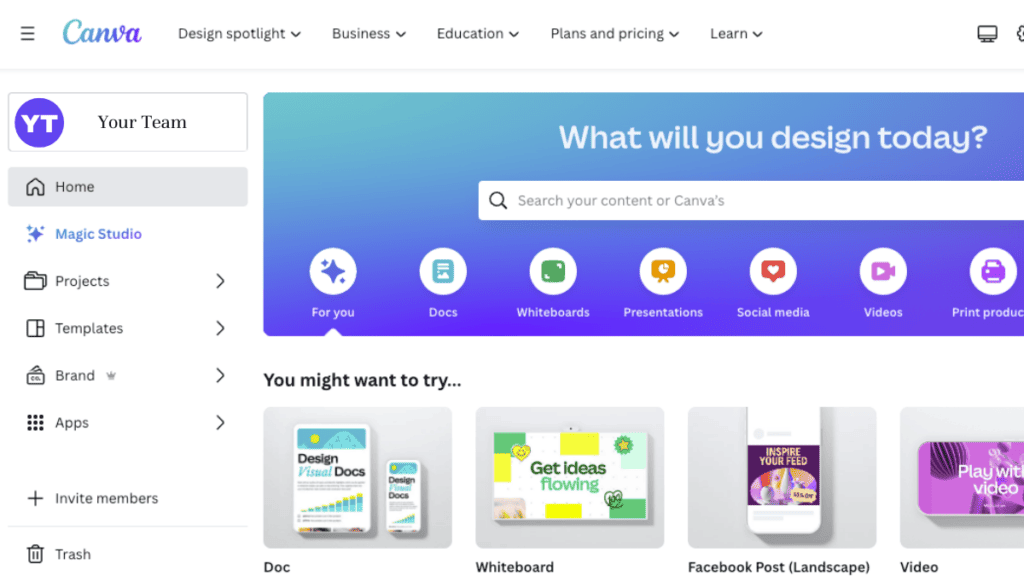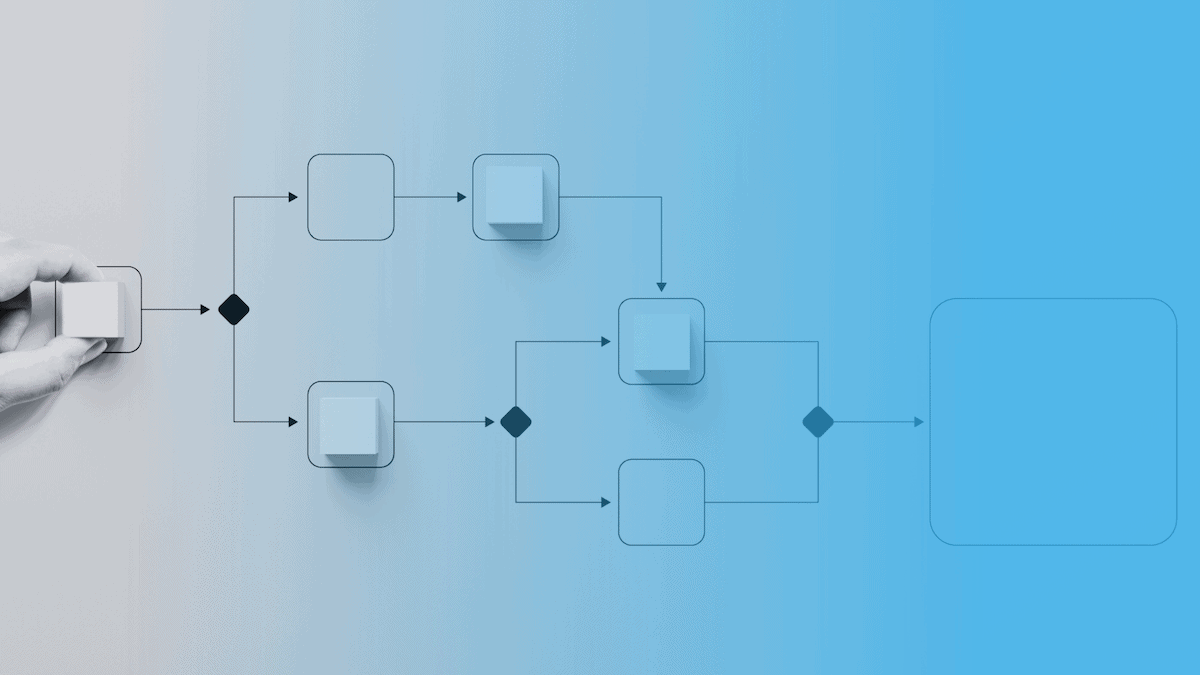In the digital age, nonprofit organizations are increasingly turning to technology not only to streamline their operations but also to foster deeper connections with their supporters and make a more significant impact in their communities.
As these organizations navigate the complexities of digital marketing and donor management, marketing automation tools have become indispensable.
These sophisticated platforms offer a comprehensive solution for managing repetitive tasks, allowing nonprofits to focus more on strategy and less on the minutiae of day-to-day operations.
By automating email campaigns, social media posts, donor segmentation, and analytics, nonprofits can achieve a level of precision and efficiency that was previously unattainable.
These tools not only save valuable time and resources but also enhance the effectiveness of marketing efforts, leading to increased donor engagement and, ultimately, more successful fundraising campaigns.
For nonprofits eager to elevate their marketing and fundraising efforts, embracing these top marketing automation tools is a step towards achieving their mission and expanding their reach in the digital world.
Marketing Automation Tools for Nonprofits
1. Mailchimp: The Email Marketing Powerhouse
Mailchimp is more than just an email marketing tool; it’s a comprehensive marketing automation platform that enables nonprofits to create, send, and analyze email campaigns with ease.
Its user-friendly interface and robust feature set make it ideal for nonprofits looking to keep their supporters informed and engaged.
Mailchimp offers a range of templates and design tools to create visually appealing emails, automated workflows for welcome series or donor follow-ups, and detailed analytics to measure campaign performance.
Additionally, its generous free plan is particularly attractive for small to medium-sized nonprofits.
Key Features:
- Intuitive drag-and-drop email builder
- Automated email workflows and segmentation
- Detailed reporting and analytics
- Integration with numerous CRM systems and web services
2. Hootsuite: The Social Media Manager
 In today’s connected world, maintaining an active and engaging social media presence is crucial for nonprofits.
In today’s connected world, maintaining an active and engaging social media presence is crucial for nonprofits.
Hootsuite simplifies social media management by allowing organizations to schedule posts, monitor conversations, and measure performance across multiple social networks from a single dashboard.
This tool is essential for nonprofits looking to expand their reach, foster community engagement, and streamline their social media workflows.
Hootsuite’s ability to schedule posts in advance and monitor mentions and keywords helps nonprofits stay on top of their social media game without constant manual oversight.
Key Features:
- Cross-platform social media post scheduling
- Social media monitoring and analytics
- Team collaboration tools
- Customizable reports and dashboards
3. Salesforce Nonprofit Cloud: The Customizable CRM
Salesforce Nonprofit Cloud is a comprehensive platform designed to meet the specific marketing automation needs of nonprofit organizations.
It offers powerful CRM capabilities, donor management, fundraising, and program management tools, all within a customizable and scalable environment.
With its focus on community engagement and personalized communication, Salesforce enables nonprofits to build stronger relationships with their supporters.
Its robust analytics and reporting tools also help organizations track their impact and make data-driven decisions.
Key Features:
- Extensive CRM functionalities tailored for nonprofits
- Integrated fundraising and donor management
- Customizable dashboards and reporting for actionable insights
- Automation of marketing, fundraising, and engagement tasks
4. Zapier: The Integration Innovator

Zapier stands out as a unique tool in the marketing automation landscape, focusing on connecting and automating workflows between different web applications.
For nonprofits using multiple tools for their operations, fundraising, and marketing efforts, Zapier acts as a bridge, enabling seamless data transfer and task automation across platforms.
With Zapier, nonprofits can create “Zaps” — automated workflows that trigger actions in other apps based on specific events. For example, adding new donor information from an online form directly into a CRM or sending thank-you emails after a donation.
Zapier’s extensive app library and flexible automation capabilities make it an invaluable asset for nonprofits looking to streamline their marketing automation and improve efficiency.
Key Features:
- Easy creation of automated workflows (Zaps)
- Integration with over 3,000 web applications
- Customizable triggers and actions for tailored automation
- No coding required for setup
Get our checklist of the best free nonprofit tools of 2024 sent directly to your inbox
5. HubSpot: The All-in-One Marketing Suite
HubSpot offers a comprehensive suite of marketing, sales, and service software that helps nonprofits attract donors, engage supporters, and delight stakeholders.
Its CRM platform is at the heart of its offerings, ensuring all donor interactions are tracked and leveraged for personalized communication.
HubSpot’s marketing automation capabilities include email marketing, social media management, content creation tools, and detailed analytics, all integrated with its CRM to provide a seamless, unified approach to nonprofit marketing and fundraising.
While HubSpot’s pricing can be a barrier for some nonprofits, its free CRM and low-cost starter plans offer accessible entry points for smaller organizations.
Key Features:
- Comprehensive CRM platform
- Email marketing with automation and personalization
- Integrated social media management and content creation tools
- Detailed analytics and reporting across marketing channels
6. Canva: The Design Simplifier

Canva is a graphic design tool that democratizes design for nonprofits, enabling them to create high-quality visual content without the need for a professional designer.
With thousands of templates and an easy-to-use interface, Canva helps nonprofits produce everything from social media graphics and flyers to presentations and reports.
Its drag-and-drop functionality and extensive library of fonts, images, and design elements make it a go-to resource for creating compelling marketing materials.
Canva’s Nonprofit Program offers free access to Canva Pro for eligible organizations, providing even more features and resources.
Key Features:
- User-friendly design interface
- Thousands of customizable templates
- Extensive library of images, icons, and fonts
- Collaboration and sharing tools
7. Constant Contact: The Email Marketing Specialist
Constant Contact is renowned for its effectiveness in email marketing, offering a suite of tools that help nonprofits create, send, and track email campaigns with ease.
It stands out for its intuitive interface, extensive template library, and powerful list management features.
Constant Contact also provides event management tools and social media integrations, making it a versatile option for nonprofits looking to enhance their email marketing efforts and engage their audience across multiple channels.
Key Features:
- User-friendly email creation tools with customizable templates
- Comprehensive contact management and segmentation
- Detailed analytics and A/B testing capabilities
- Social media integration and event management features
8. Buffer: The Streamlined Social Scheduler
Buffer is a social media management tool designed to help nonprofits plan, publish, and analyze their social media content across various platforms.
Its simplicity and ease of use make it particularly appealing for small to medium-sized organizations.
Buffer allows teams to schedule posts in advance, track the performance of their content, and manage all their social accounts from one dashboard.
This tool is ideal for nonprofits seeking to maintain an active social media presence without requiring extensive resources.
Key Features:
- Easy scheduling and publishing of social media posts
- Analytics to track engagement and performance
- Multi-account management from a single dashboard
- Team collaboration features for content planning
9. Google Ad Grants: The Digital Advertising Ally
Google Ad Grants is a unique program that offers eligible nonprofits $10,000 per month in free Google Ads advertising.
This tool allows nonprofits to reach a wider audience by displaying their message in Google search results, helping to drive traffic to their websites and raise awareness for their cause.
With Google Ad Grants, nonprofits can create targeted advertising campaigns to promote events, fundraise, or increase volunteer sign-ups, leveraging the power of search engine marketing without the typical cost.
Key Features:
- $10,000 monthly advertising credit on Google Ads
- Ability to target ads based on keywords and location
- Tools to track ad performance and website traffic
- Support and resources to optimize advertising campaigns
10. Sprout Social: The Engagement Enhancer
Sprout Social is an advanced social media management tool that offers in-depth analytics, social listening, and publishing capabilities.
It’s designed for nonprofits that want to deepen their social media engagement and gain insights into their audience’s preferences and behaviors.
Sprout Social’s strength lies in its comprehensive reporting features, which allow organizations to measure the impact of their social media strategies and adjust their approach for maximum engagement.
Key Features:
- Advanced scheduling and publishing tools across multiple platforms
- Social listening features to monitor brand mentions and relevant conversations
- Detailed analytics and custom reports to measure performance
- CRM features for tracking interactions and engagement
Conclusion
With the right set of tools at their disposal, nonprofits can automate numerous facets of their marketing and donor engagement initiatives, thereby liberating precious resources to dedicate more fully to their core mission.
This automation ranges from sophisticated Customer Relationship Management (CRM) systems like Salesforce Nonprofit Cloud, which offers comprehensive donor management and analytics, to powerful advertising solutions such as Google Ad Grants, providing a significant boost in online visibility without the cost.
Additionally, essential tools like Constant Contact, Buffer, and Sprout Social further enhance these capabilities by refining email marketing and social media strategies, ensuring messages reach the intended audience effectively.
By meticulously selecting and seamlessly integrating these diverse tools into their daily operations, nonprofits not only bolster operational efficiency but also markedly amplify their impact and extend their reach, thereby fostering more profound connections with their audience and driving greater support for their cause.





